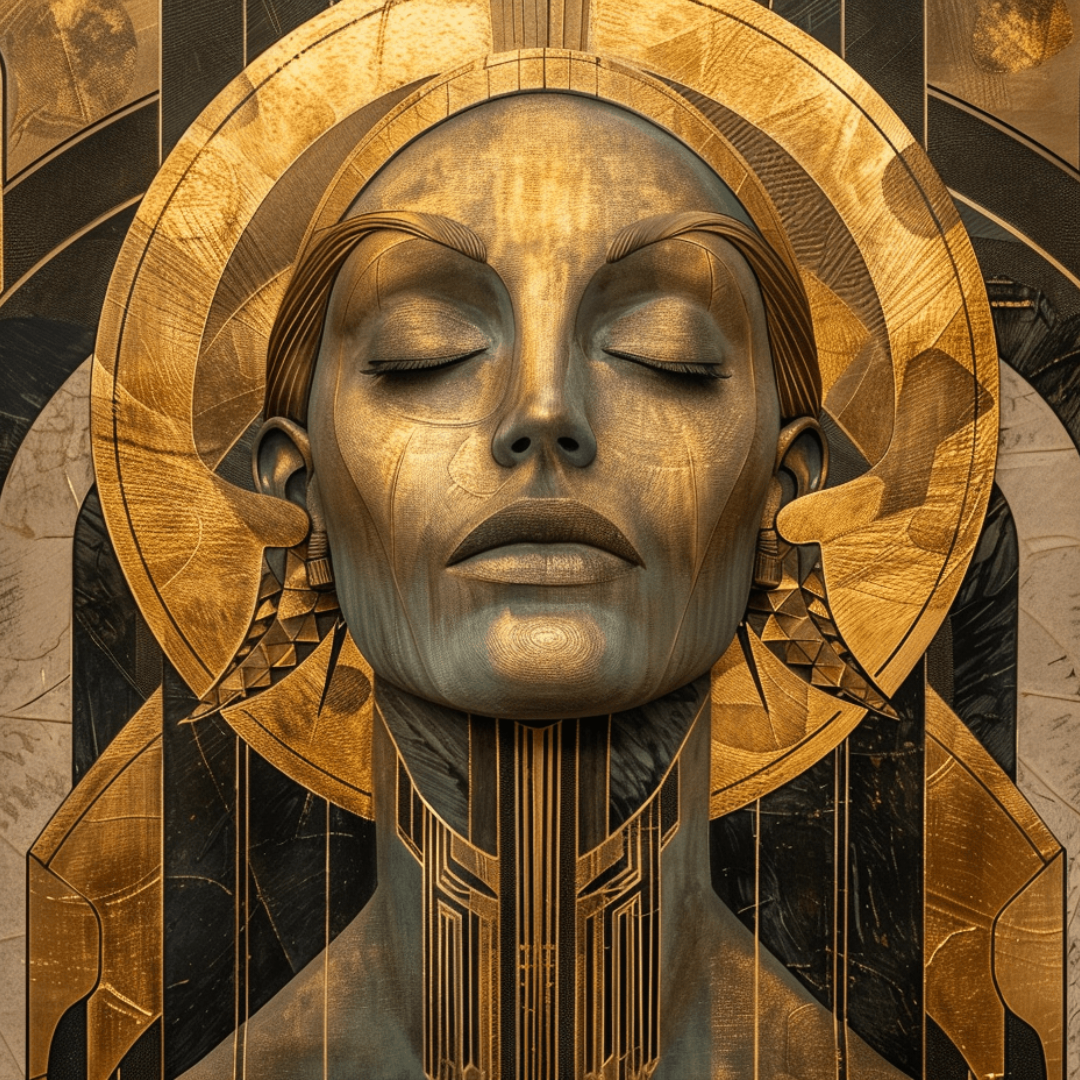
We're doing a series on Jungian archetypes and popular character development tools. Jung drew his inspiration from the same iconic social roles found throughout ancient tarot, alchemy, and mysticism traditions.
Power and Control for the Ruler Archetype
When we first think about the ruler, power, authority, and control spring to mind. By definition, rulers must lead other people—an often brutal endeavor. They have an outsized impact on a community, whether they're kings or judges or even the superintendent of a school. Regardless of the community's size, the ruler will always emerge to establish order and structure.
The drive to exert dominion over others may come from within, a desire to tame chaos, or without, a responsibility thrust upon the reluctant character. We tend to assume that the reluctant leader will be good and the eager one will be a force of evil, but that isn't always true. And the metrics by which we judge the ruler are typically, pretty flawed.
We judge rulers for how they manage other people, but our criticism is often riddled with events and happenings humans cannot control. Natural disaster? Pandemic? War? Famine? A leader may have achieved the best possible outcome, but culpability rises to the top, and the memory of better days is intoxicating. Yet, people also fawn over leaders like objects of romantic love whose flaws cannot be seen. The ruler is inevitably surrounded by irrationality, yes men, and poor counsel. Who they decide to trust defines them.
When writers want to craft effective leaders, we give them certain traits such as vision, empathy, integrity, decisiveness, communication, and humility. A good ruler is virtuous.
Bad leadership is selfish, lazy, and power-hungry. They must always rule by fear and force. Nope. Trust is a firm belief in the reliability, truth, ability, or strength of someone or something. People may fear their leader but they will still trust that they are strong or ruthless - they will trust the outcome that they deliver.
The foundation of all leadership, good or bad, is the base upon which trust is established. Undermine that foundation, and the whole structure they provide collapses. For writers, this is a critical observation. They may appear to grow weak, lose allies, decline in age, and show signs of stress and mental illness. Rumors may weaken them. As far as archetypes go, undermining trust in leadership generates fountains of drama. For writers, it's a plot-driving elixir that rescues many narratives.
The ruler can be anyone from anywhere, but they only rule insofar as they inspire and maintain the public trust.
Minerva McGonagall (Harry Potter)
Jean-Luc Picard (Star Trek: The Next Generation)
Padmé Amidala (Star Wars)
King Arthur (Arthurian legends)
The Patrician, Lord Vetinari (Discworld Series)
Queen Bavmorda (Willow)
President Snow (The Hunger Games)
Joffrey Baratheon (Game of Thrones)
Lord Farquaad (Shrek)
Leto Atreides II (Dune series by Frank Herbert)
The Lord Ruler (Mistborn series by Brandon Sanderson)
